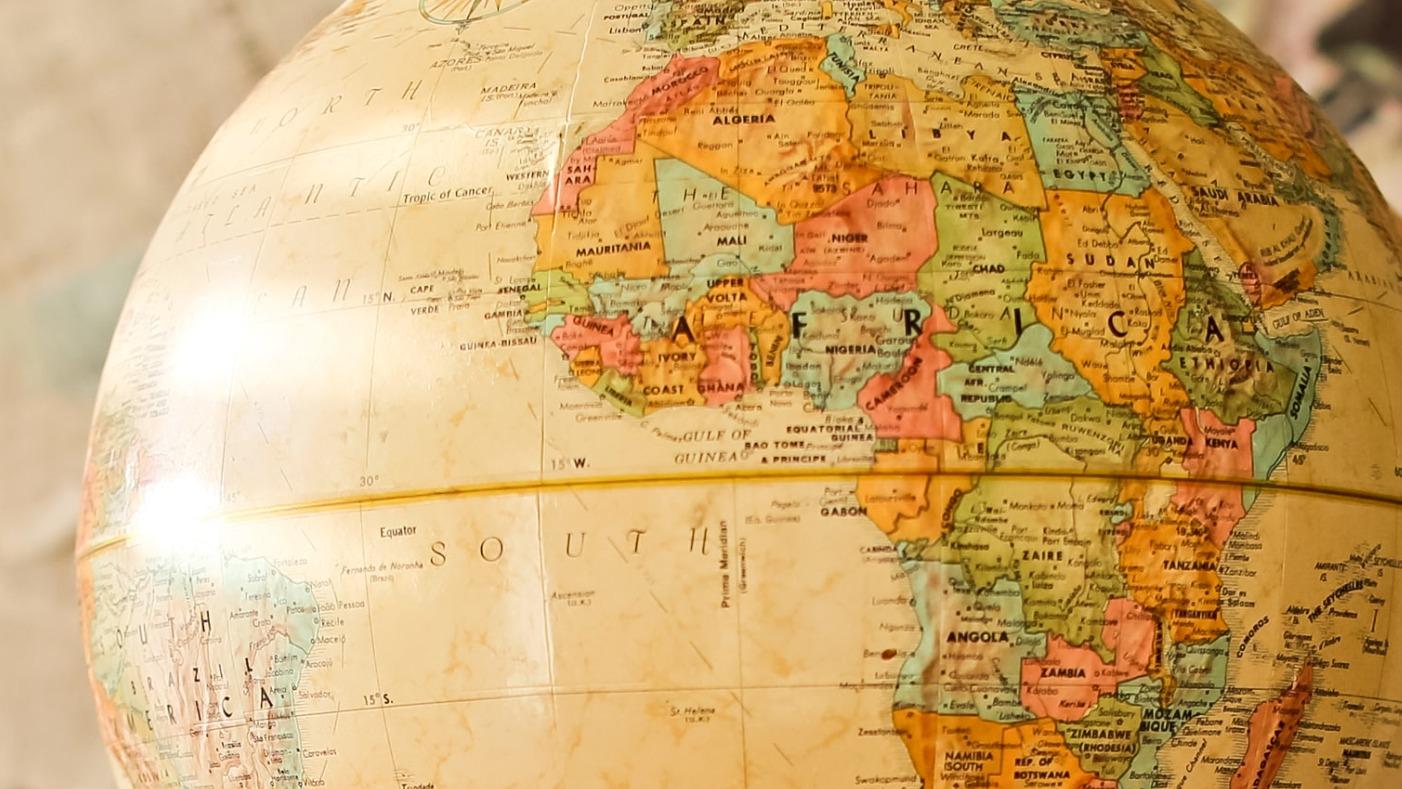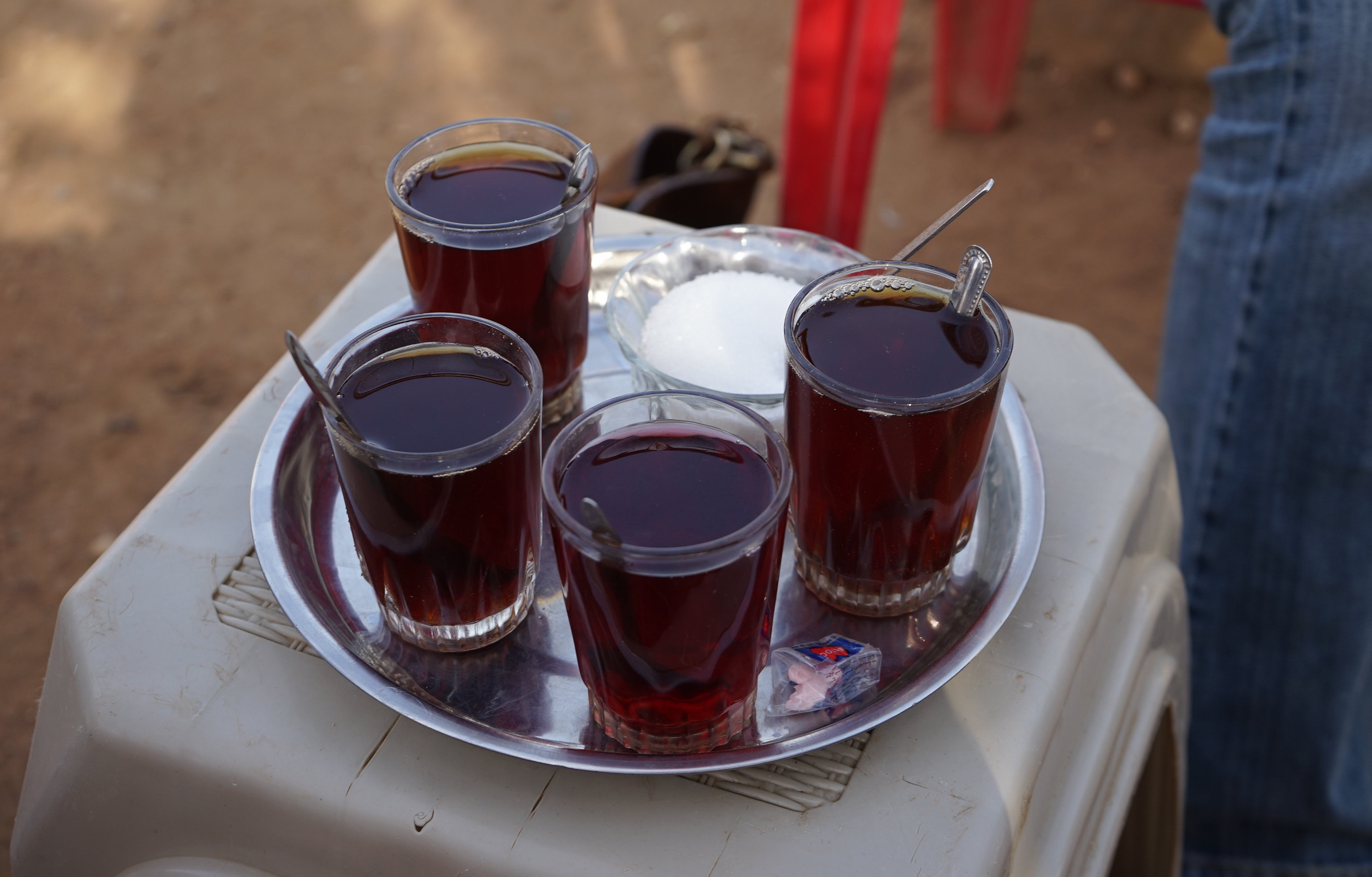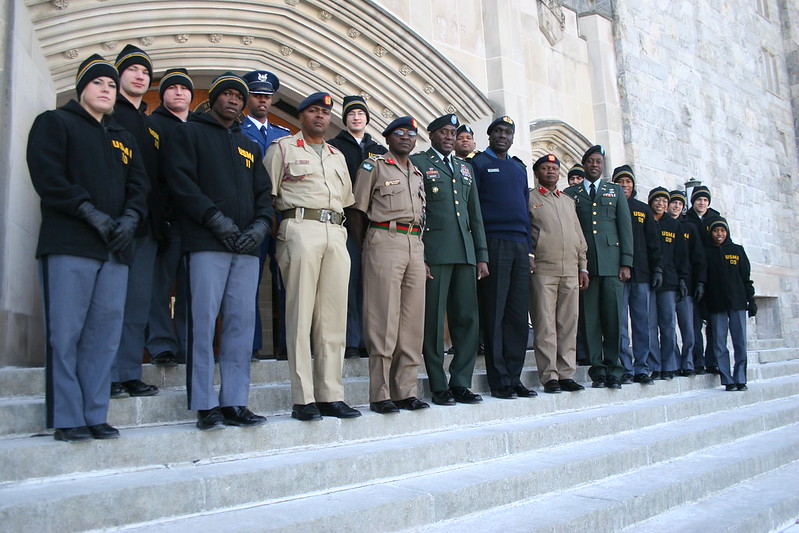Despite a brutal colonial legacy, the UK and Kenya have enjoyed a close relationship since independence, one built on pragmatism rather than ideology. As the UK enters a new Carolean era, Poppy Cullen looks back on the history of these two Commonwealth allies.
On 12 December 2023 it will be sixty years since Kenya gained independence from the British Empire. In 2020, the two countries announced a new ‘strategic partnership’. Their joint statement spoke of ‘a deep, diverse and historic relationship … [that] is anchored by a shared set of values and a mutual understanding of the benefits that can accrue from our strong bilateral collaboration’. This positive interpretation of the relationship has characterised almost the entire post-colonial period between London and Nairobi.
This may seem surprising. From 1952 to 1960, the British colonial government declared a State of Emergency and launched a counter-insurgency campaign against the Mau Mau who sought independence. The campaign included the internment and torture of thousands of Kenyans. The close ties between the two countries that followed does not seem an obvious outcome. Why, and how, did both sides commit to such a positive relationship?
The independence relationship
When Kenya became independent in 1963, its first leader was Jomo Kenyatta. Kenyatta had spent nine years in prison, convicted of being the leader of the Mau Mau rebellion, and many colonial officials were highly anxious about him taking power. However, when Malcolm MacDonald arrived in Nairobi as Britain’s last colonial governor, he recognised Kenyatta as someone Britain could work with. Rather than a ‘radical’, Kenyatta wanted close ties with Britain, and this suited Britain’s interests.
In the years after independence, a much closer relationship was established between the UK and Kenya than with many of Britain’s former African colonies. This included British training for the Kenyan army and in return the British military using training facilities in Kenya. The latter continues to this day and is highly valued by the British government.
During the Cold War, Britain was Kenya’s closest trading partner and the two remained allies. When rumours of a coup to overthrow Kenyatta reached the British government in 1965, they made plans to intervene militarily to prevent it. In the end there was no attempted coup, but Britain’s willingness to act at a time when they were winding down overseas commitments showed the importance of the Kenyan relationship to the UK.
Not everything in the relationship was always easy. Most notably, Kenyan policies discriminating against Asian Kenyans in 1967-8 led many to seek a new life in Britain. As a result, the UK government passed legislation to limit the right of Asian Kenyans to enter the UK, despite them holding British passports, demanding that potential immigrants had existing family ties to the UK. When President Idi Amin expelled Uganda’s Asian population in 1972, Britain offered military and financial aid to Kenya to ensure it did not pursue a similar policy.
During Jomo Kenyatta’s rule, the close relationship was cemented, and the broad outline of today’s partnership was established. Prince Charles attended Kenyatta’s funeral in 1978 and since then the relationship has continued to matter to both sides, even if it has not been so personally close as between Kenyatta and MacDonald.
Recent challenges
There have, of course, been challenges. In 2013, Mau Mau veterans, who had sued the British government, received a settlement in the British High Court of £19.9m. The British Foreign Secretary William Hague announced to parliament that: ‘The British Government recognises that Kenyans were subject to torture and other forms of ill treatment at the hands of the colonial administration. The British government sincerely regrets that these abuses took place, and that they marred Kenya’s progress towards independence’. Historians had already exposed the British government’s brutal role in the Mau Mau rebellion, but this was a striking admission by the UK government of colonial abuses.
The court case also led to the revelation that the British government had removed thousands of files from its colonies at independence and kept these hidden from the public. The files removed from Kenya provided evidence of the British government’s atrocities and the collection – now known as the migrated archive – has been moved from Hanslope Park and put into the National Archives.
In 2011 the International Criminal Court (ICC) opened cases for crimes against humanity against Uhuru Kenyatta and William Ruto, who were then running for President and Deputy President. Prior to the election, the British government said they would have only ‘essential contacts’ with the two if they won. After their electoral victory in 2013, pragmatism took over, and Britain was the first Western country to invite President Uhuru Kenyatta to visit. At the time, Kenyatta was still facing charges from the ICC (although these were later dropped).
Reasserting closeness
The British government has been unwilling to let such challenges stand in the way of a close relationship. Even Hague’s speech acknowledging Mau Mau abuses made this clear: ‘We do not want our current and future relations with Kenya to be overshadowed by the past. Today we are bound together by commercial, security and personal links that benefit both our countries’. British politicians since independence have sought to look past and move on from the colonial history, especially the Mau Mau Emergency. Instead, they have aimed to focus on the shared interests and mutual benefits of their connections.
Kenya’s leadership has similarly tended to prioritise its contemporary relationship with Britain over focusing on past abuses. William Ruto was sworn in as president just days before making the trip to London for the late Queen’s funeral and a photograph of Ruto greeting King Charles was eagerly picked up by the Kenyan press. Images of Ruto and other African Presidents travelling to the funeral by bus were not so well received. Ruto’s remarks on her death included: ‘The queen’s leadership of the Commonwealth for the past seven decades is admirable … We will miss the cordial ties she enjoyed with Kenya and may her memories continue to inspire us’.
Ruto highlighted the Queen’s commitment to the Commonwealth as another area where the two countries have frequently cooperated. Kenya continues to value assistance provided by the Commonwealth and links in various fields including culture and sport. For both the British and Kenyan governments, a close connection since independence has been worth pursuing and mutually beneficial. The colonial history of Mau Mau and the challenges since have not significantly damaged this view. At Kenya’s 60th anniversary celebrations in December, the British government will likely reassert its commitment to this relationship, and Kenya will almost certainly follow suit.
Photo credit: Number 10 used with permission CC BY-NC-ND 2.0




